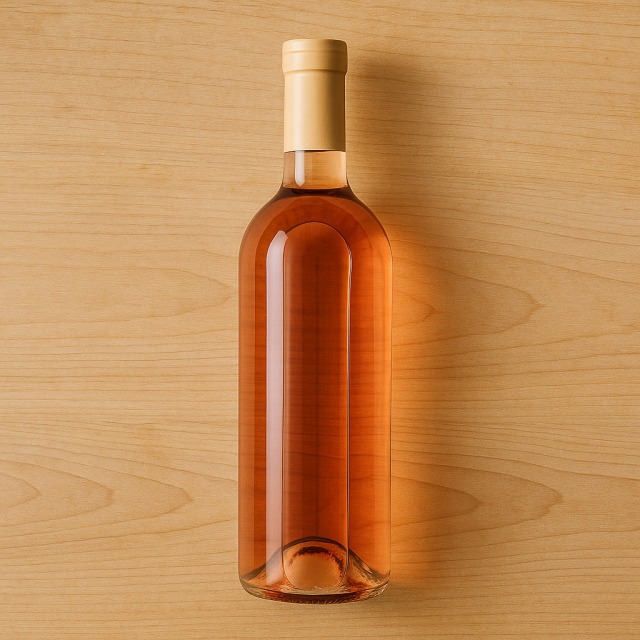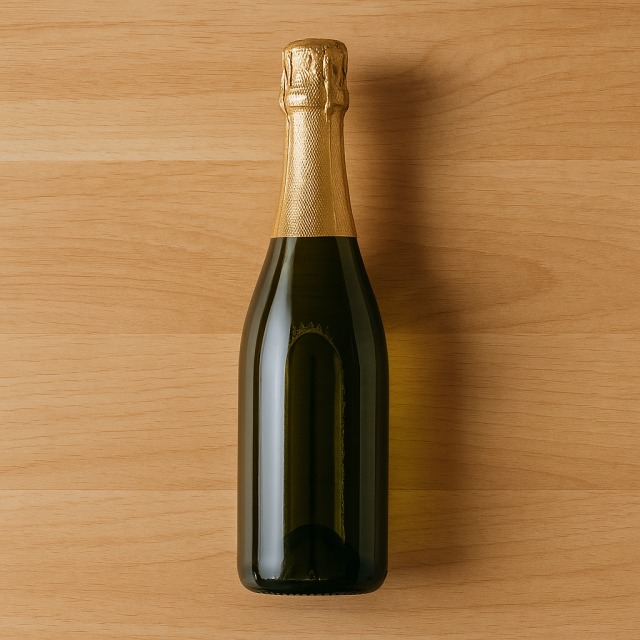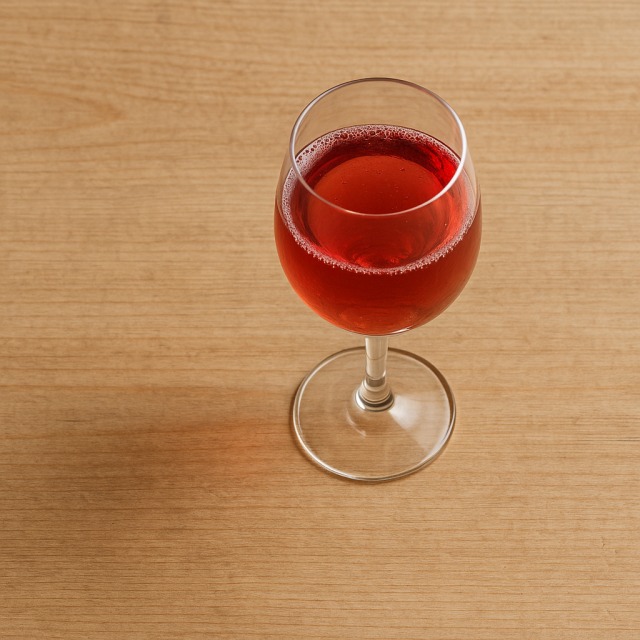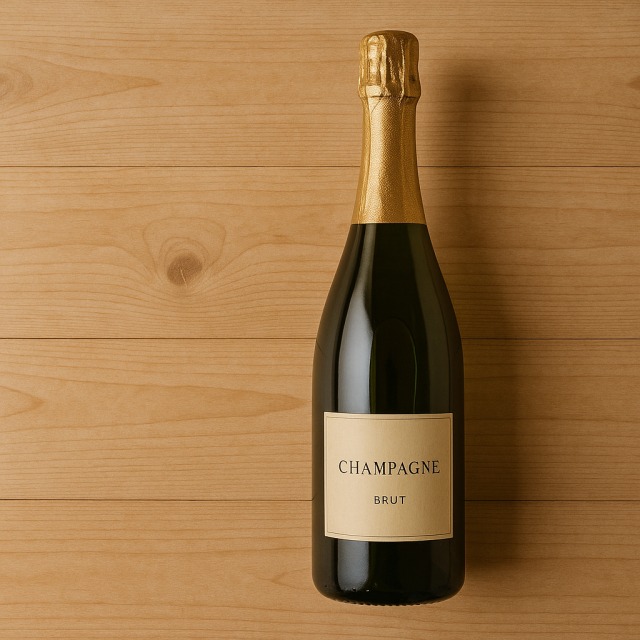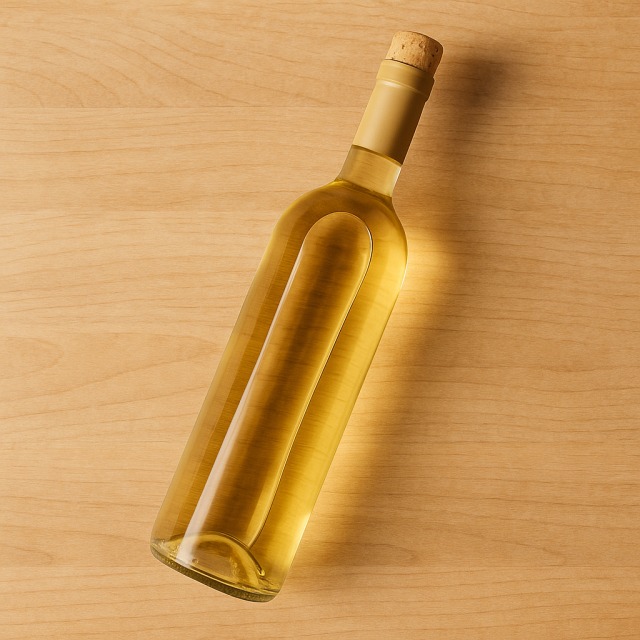Calorie Chart / Beverages / Wine - White
How Many Calories Are in White wine?
Calculation of the nutritional value & Recommended Dietary Intake of white wine
For ml and a calorie requirement of kcal
| Calories 105 kcal | Proteins 0 g | Lipids 0 g | Carbohydrates 3 g |
| 5% | 0% | 0% | 1% |
Health benefits of white wine
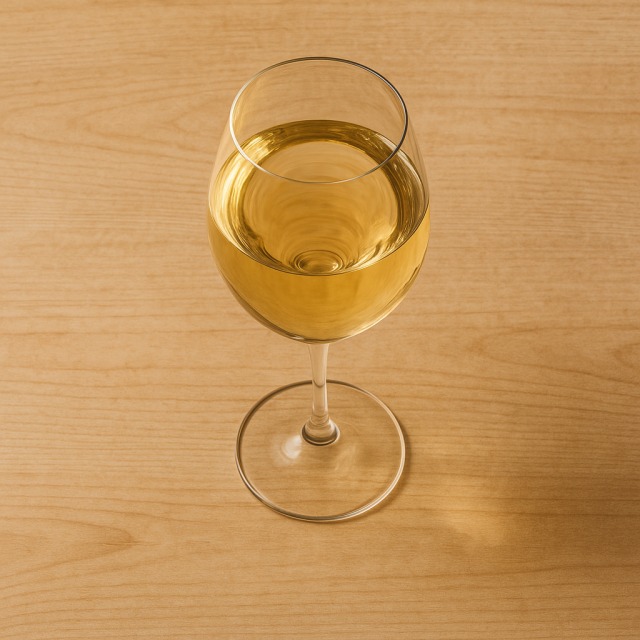
White wine - 100ml
Calories 70 kcal
Proteins 0 g
Lipids 0 g
Carbohydrates 2 g
With only about 70 kcal per 100 g, white wine is considered a moderate-calorie alcoholic drink; it provides markedly fewer calories than a pint of beer yet slightly more than a flute of brut champagne. Those calories mainly come from its residual sugars and alcohol rather than from proteins or fat.
Although white wine is not a vitamin powerhouse, it does supply small amounts of potassium, magnesium, and trace B-group vitamins. It also contains antioxidant polyphenols such as tyrosol and hydroxytyrosol. While their concentration is lower than in red wine, they are still studied for supposed cardiovascular benefits ("supposed" because evidence is observational and always linked to moderate intake).
White wine's mild acidity has long been used to tenderize meat and fish in marinades; in the Middle Ages, cooks valued it as a safer, lightly antiseptic liquid when clean water was scarce. Knowing its calories can help modern consumers balance an evening aperitif with the rest of the day's calorie budget.
Remember that alcohol itself contributes 7 kcal per gram, so even a drink classified as moderate in calories can quickly add up if portions grow. Monitoring calories therefore remains essential for anyone managing weight or athletic performance.
Tips for incorporating white wine into a balanced diet
If you wish to enjoy white wine without blowing up your calorie count, pour a 100–120 ml glass (about 80–90 kcal) and pair it with light appetisers: a few raw carrot sticks with tzatziki or thin slices of dry goat cheese. Keeping track of calories in both the drink and the food lets you stay on target.
In cooking, splash a small ladle of white wine into mussels marinière, a chicken fricassée or a simple risotto-style rice. The alcohol largely evaporates, so the extra calories added to the dish are minimal, yet the flavour depth is considerable.
For a balanced main course, try oven-baked sea bass deglazed with white wine, served alongside steamed zucchini. Compared with serving fried sides, you will cut calories while highlighting the wine's fruity notes.
Fans of cocktails can reduce calories by turning a classic "kir" into a spritz: mix 60 ml white wine with sparkling water instead of crème de cassis. Whatever the recipe, always count the calories of every ingredient and limit total alcohol to keep your daily calories in check.
Frequently Asked Questions
- How many calories are in white wine?
- White wine provides about 70 kcal per 100 g.
- Is white wine lower in calories than red wine?
- Yes, a dry white generally delivers 5–15 kcal fewer per 100 g than red wine, so choosing white can save calories if you drink equal volumes.
- Does cooking with white wine add a lot of calories to a dish?
- No. Because most alcohol evaporates during simmering, the remaining calories are modest—roughly 15–20 kcal for the small glass often used to deglaze a pan.
- Can white wine fit into a low-calorie diet?
- It can, provided you count its calories just like any other food and keep the serving to one standard glass. Offsetting those calories with extra vegetables or a lighter dessert helps keep totals under control.
- Which white wine has the fewest calories?
- Very dry varieties such as Muscadet or Pinot Grigio contain the least residual sugar and therefore the fewest calories, averaging 65–70 kcal per 100 g.
- Do sweet white wines contain more calories?
- Yes. Late-harvest or dessert wines can climb above 100 kcal per 100 g because of their higher sugar content, so always check the label if calories are a concern.
Similar foods
Alcohol consumption may be harmful to your health. Please drink responsibly. Do not drink and drive. Not recommended during pregnancy. Must be of legal drinking age.
Information provided by Calorie Menu may contain inaccuracies or errors. It cannot, under any circumstances, substitute medical advice or medication.
